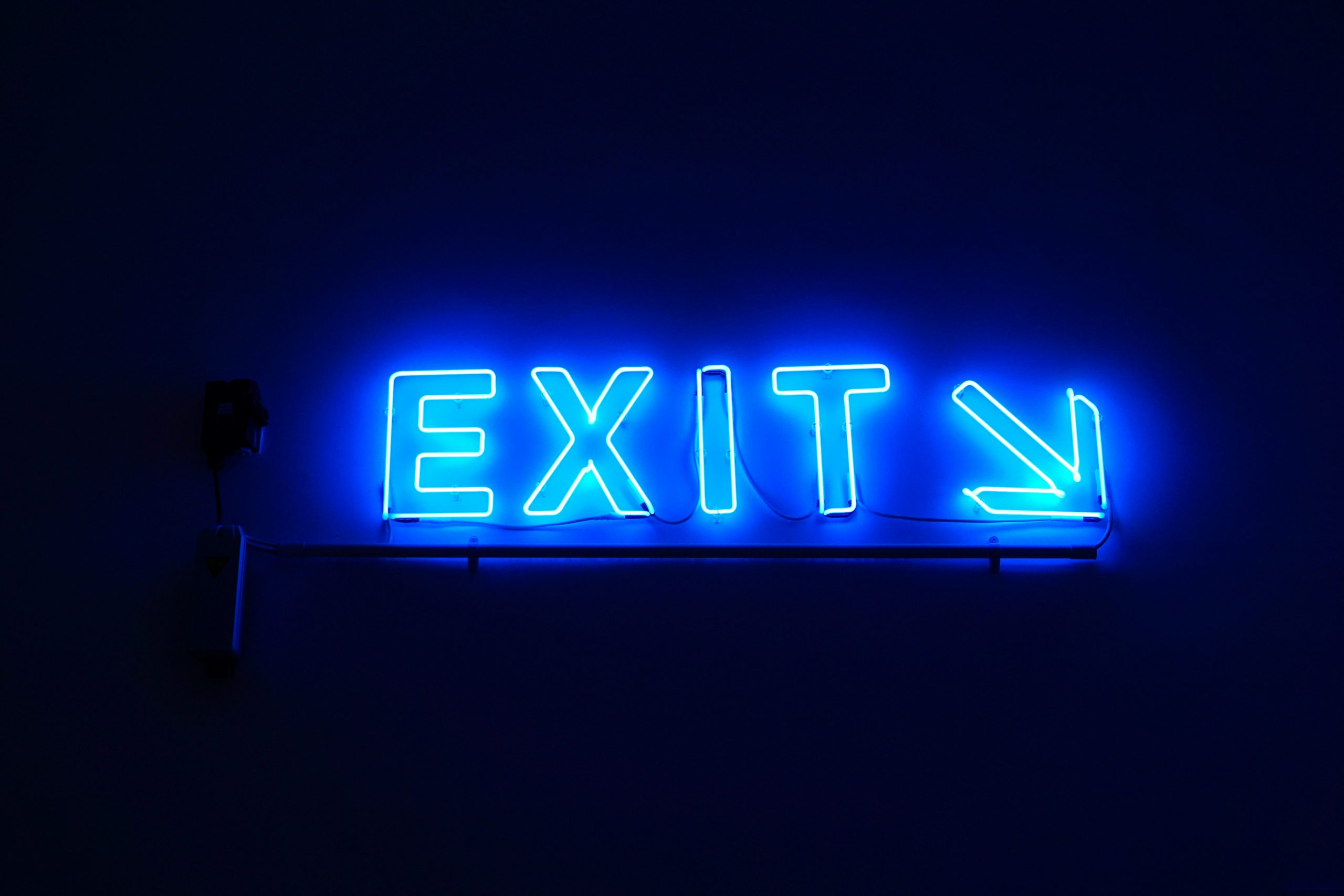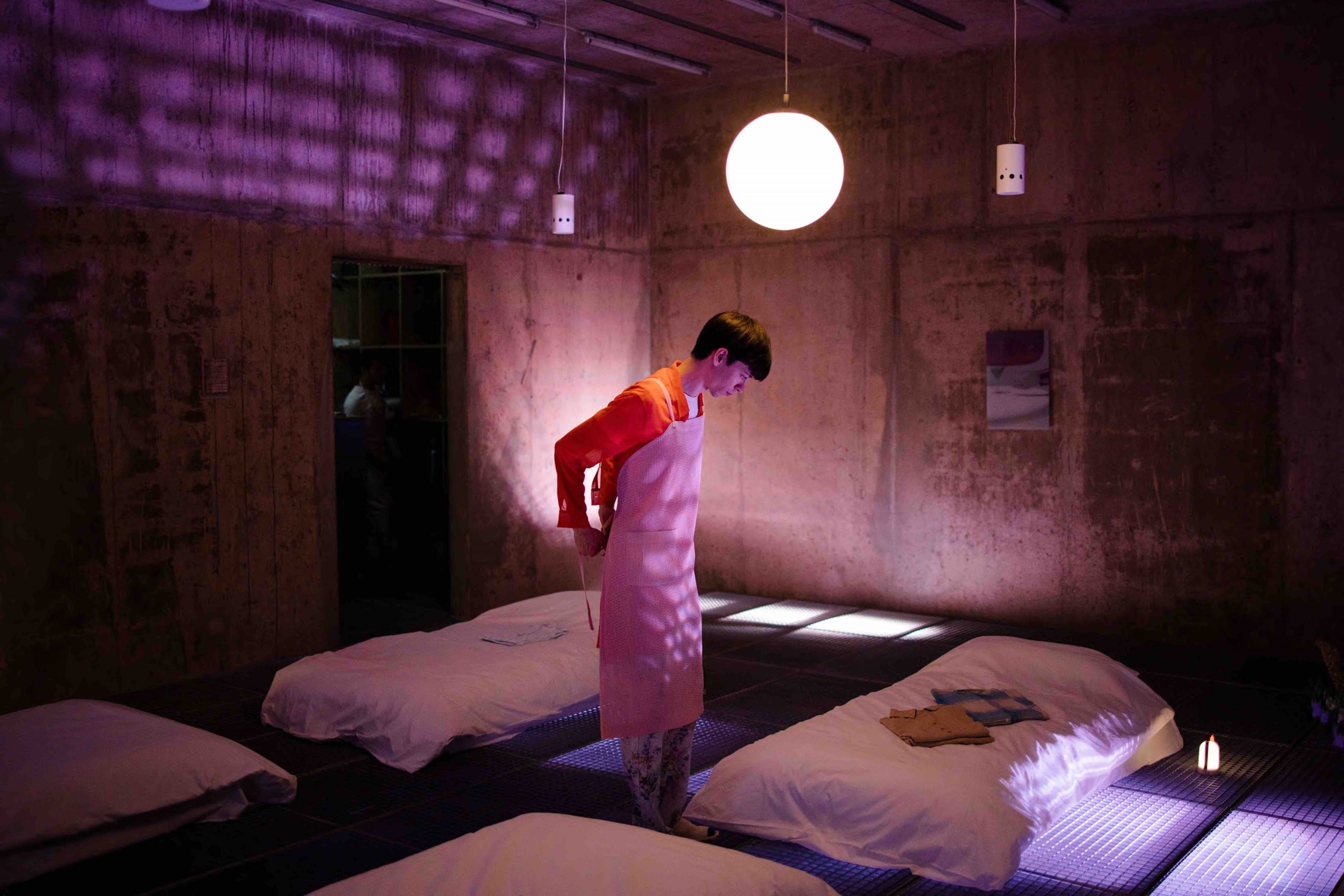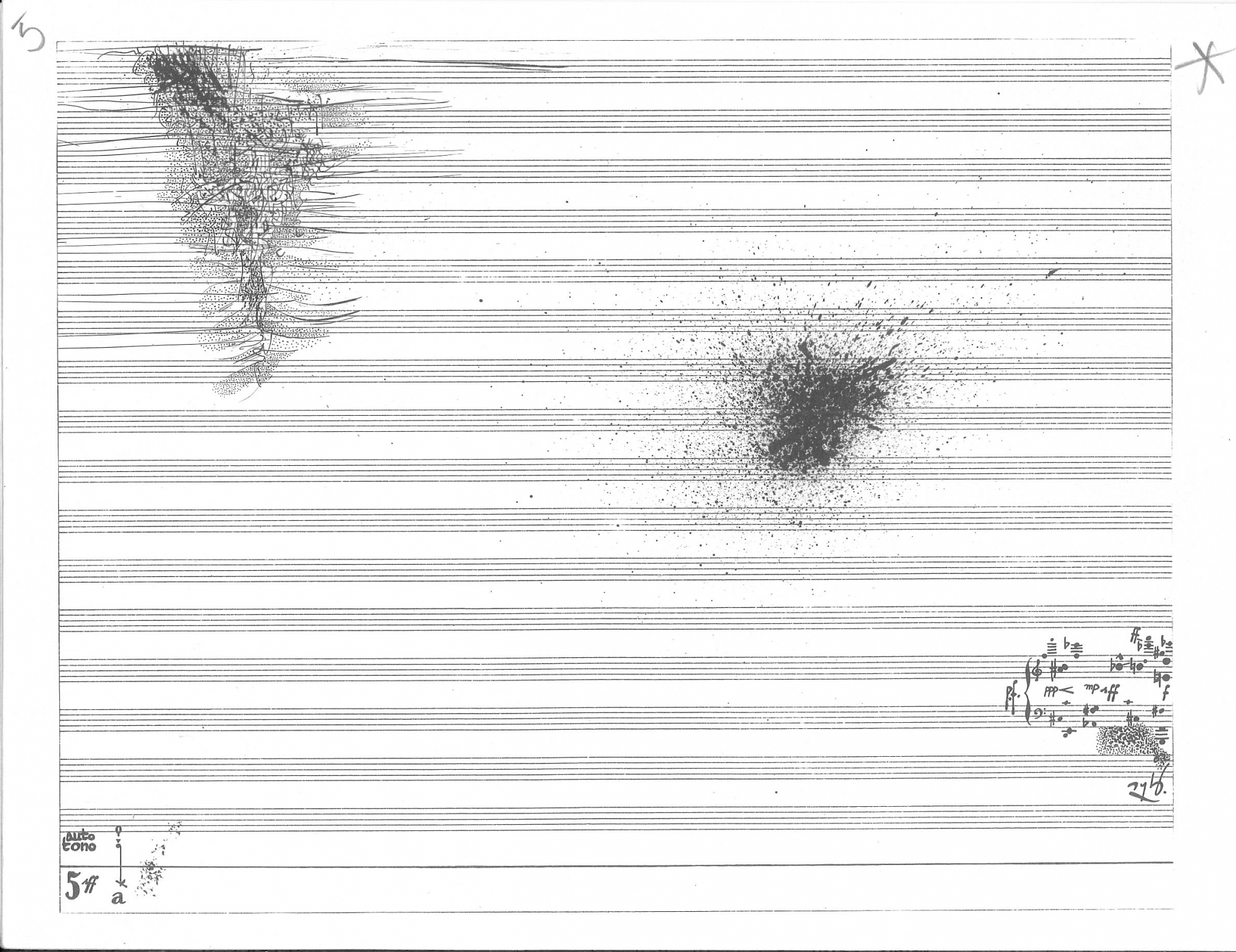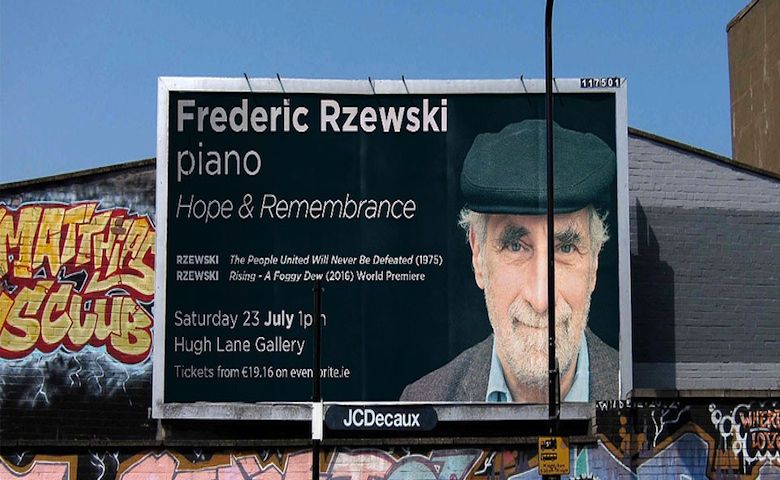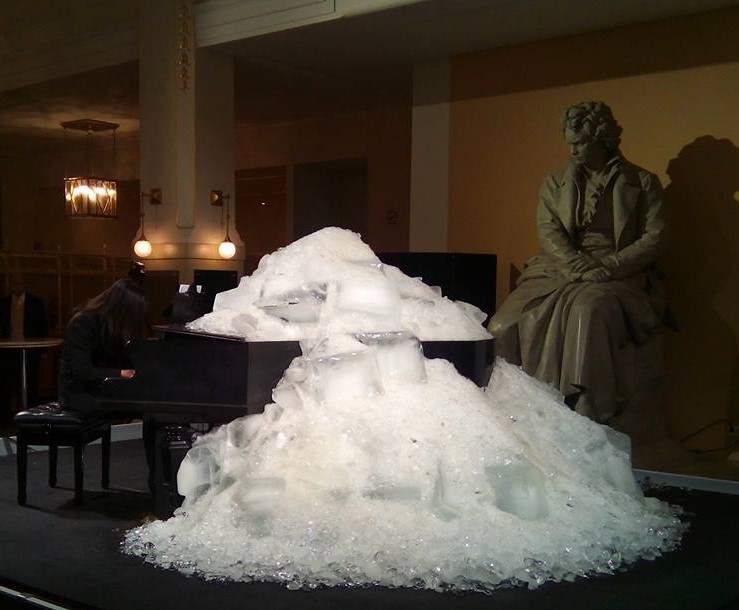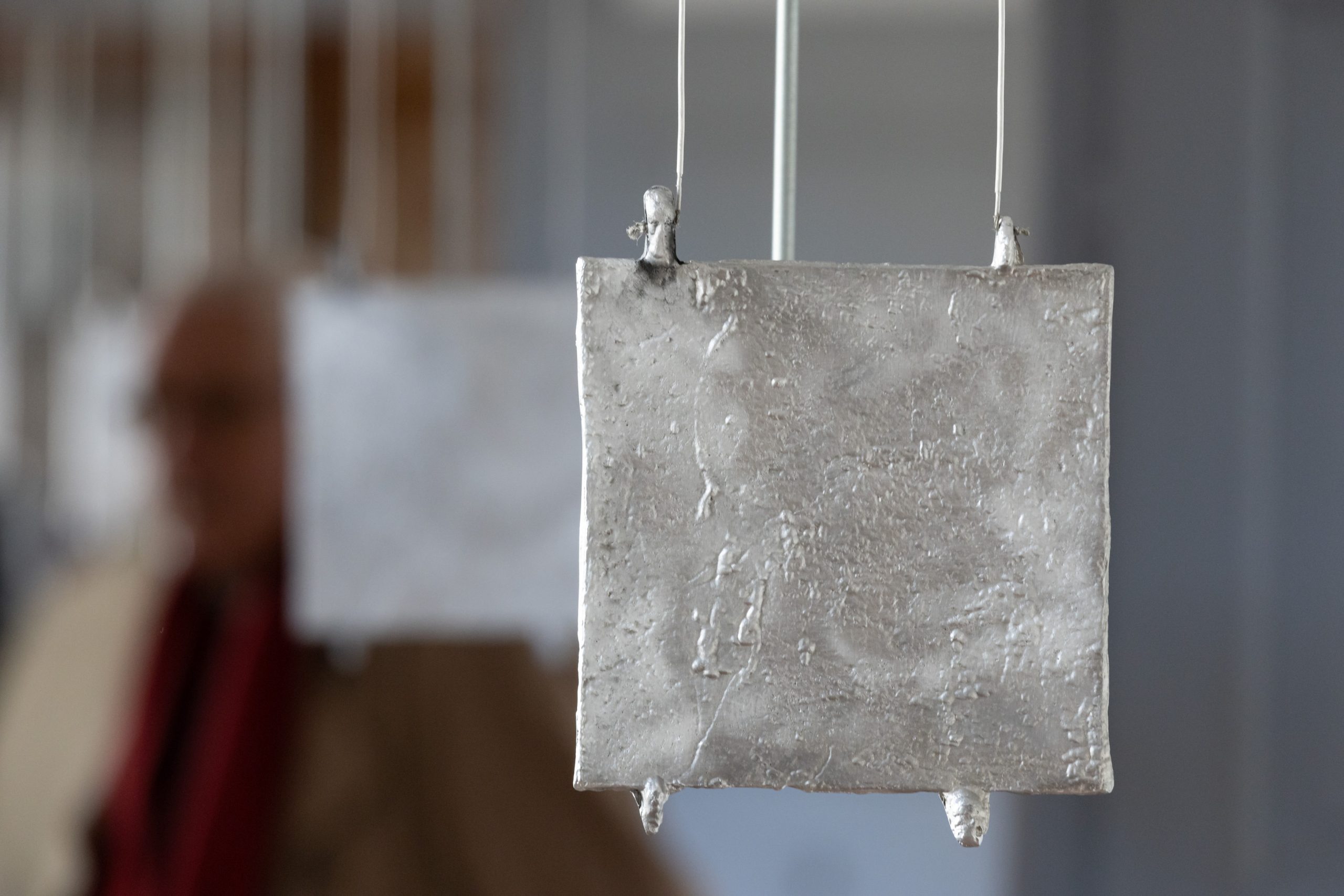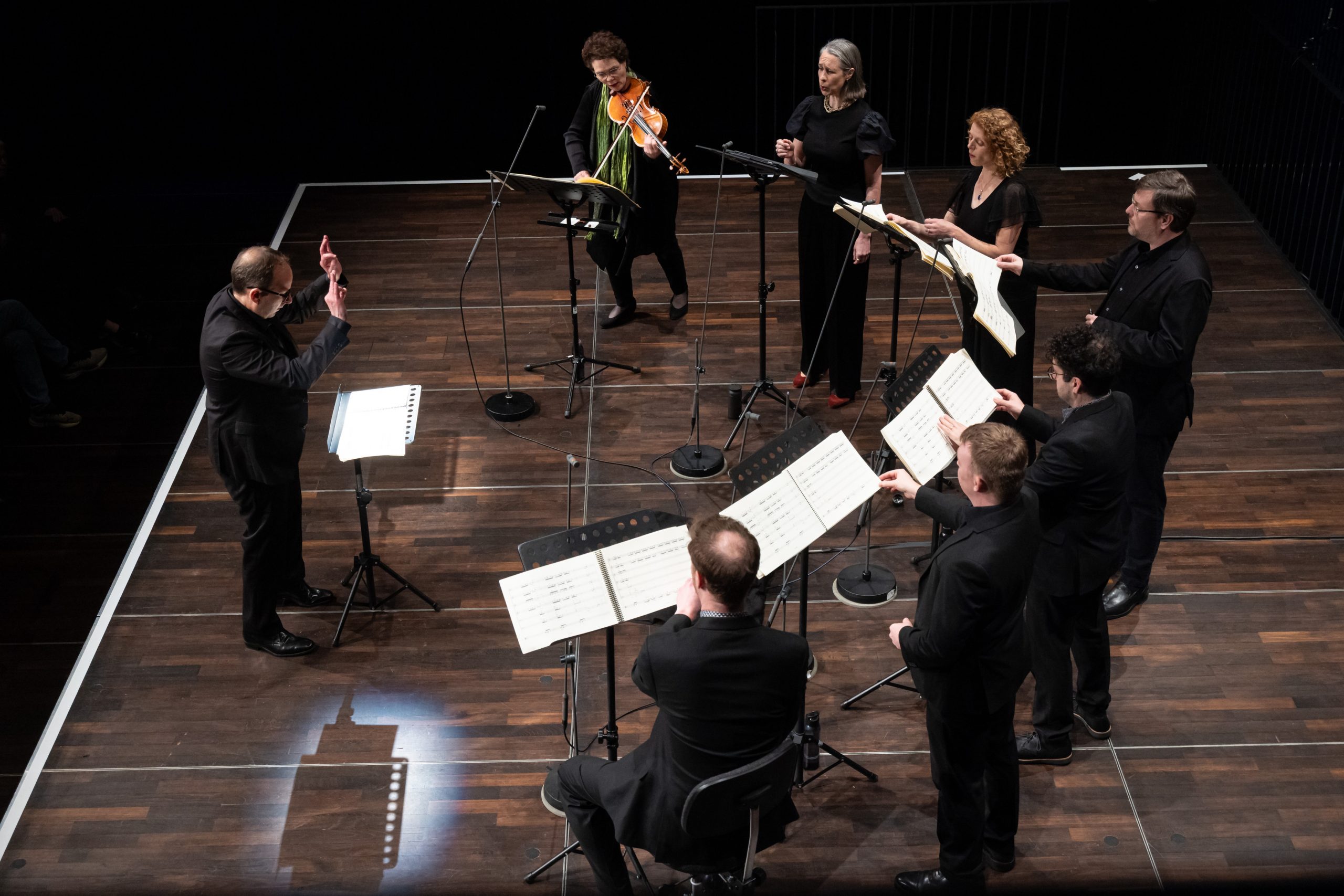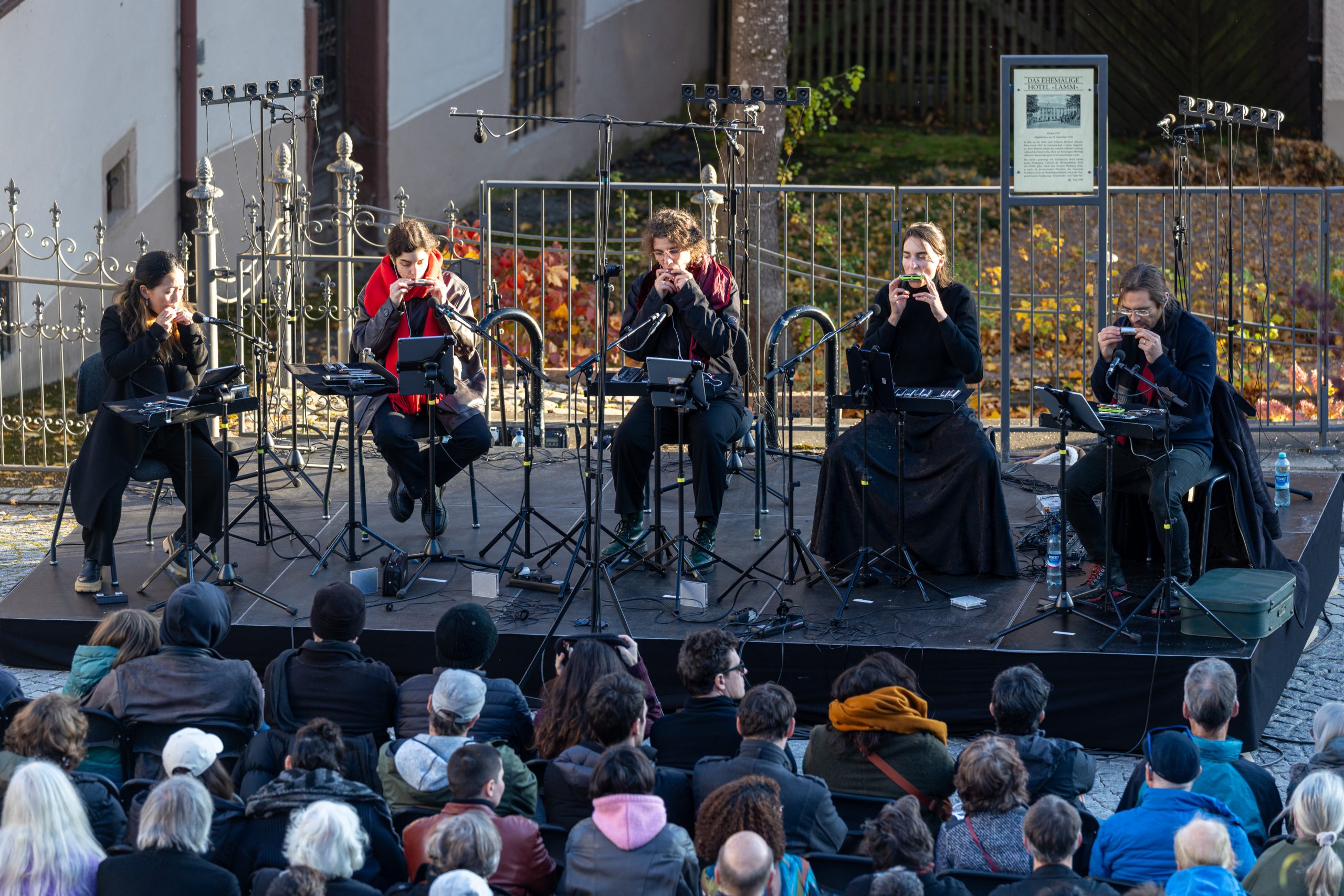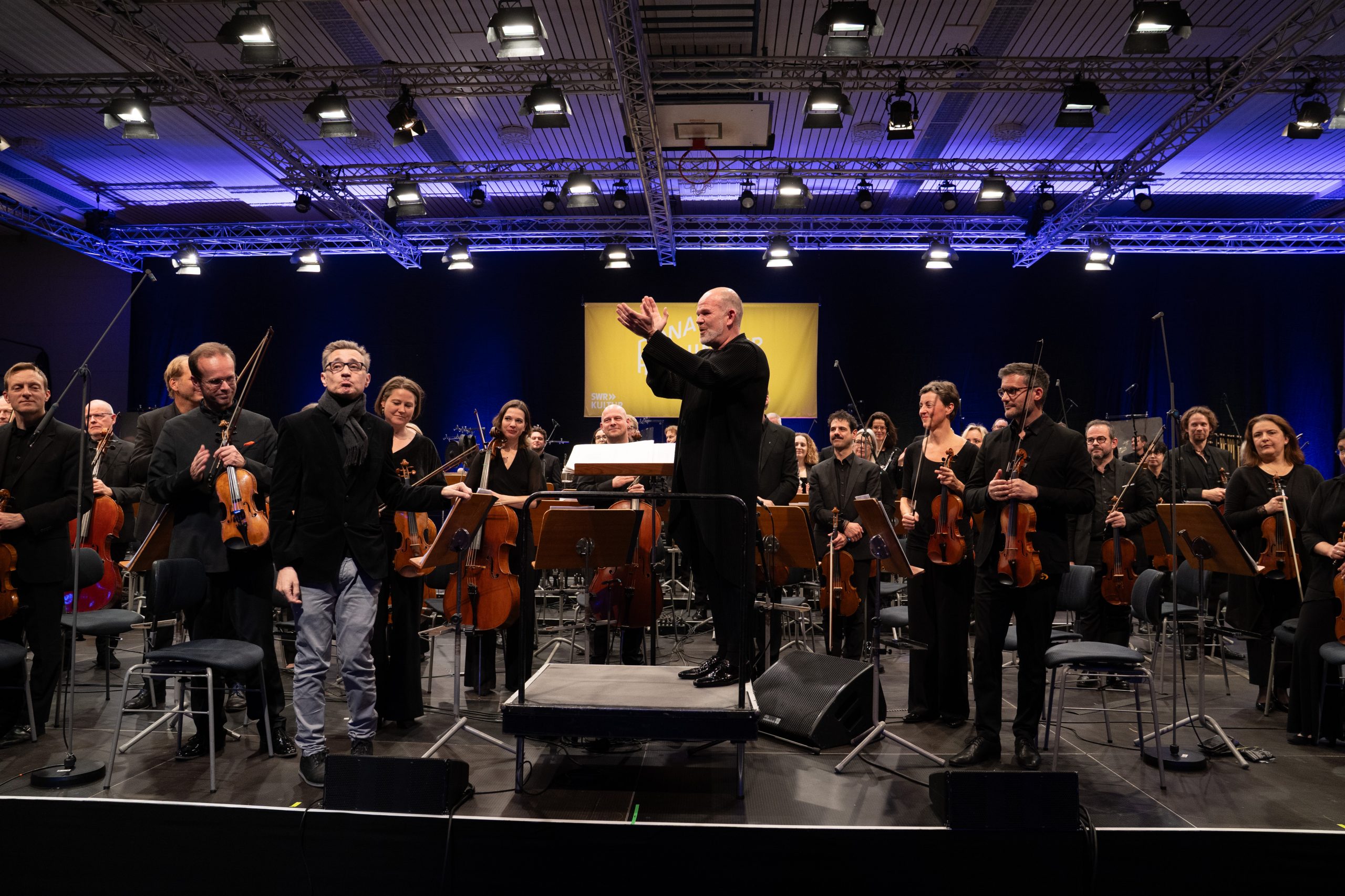THE PARACHRONIES OF TZLIL MEUDCAN 2023
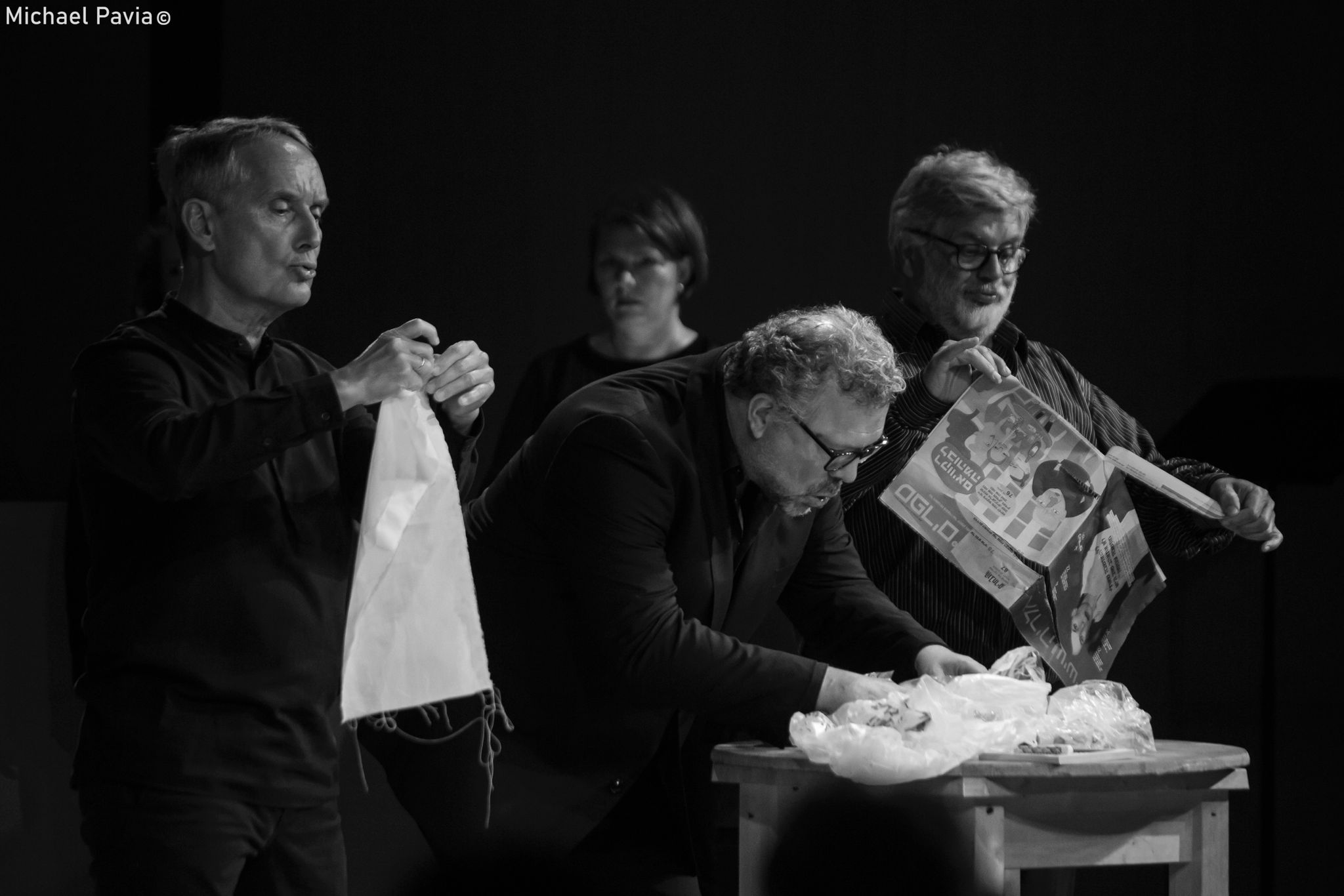
by Assaf Shelleg
Parachrony, the multiplicity of current times that has been shaping contemporary art, literature, and music for the last three decades (roughly), could very well undergo pluralization if we wish to properly situate the recent sixteenth edition of Tzlil Meudcan. A contemporary chamber music festival held in Tel Aviv on the first week of July, Tzlil Meudcan hosts such parachronies, and they, in turn, can flesh out the simultaneous temporalities that have been informing it for more than a decade and a half. And all the more so in the recent edition, which found the venues of the festival permeable to the civic protests held against governmental attempts to eliminate judicial independence and further illiberal policies, while the IDF conducted a deadly raid on the West Bank city of Jenin, which in turn saw a retaliatory terror attack in Tel Aviv. But if anything hasn’t changed, it is the continuous silence of music critics in Israel who are still embarrassed by contemporary compositional approaches for which their sole Punctum Archimedis is tonality. These variables constitute the parachronies of this year’s edition of Tzlil Meudcan.
But let’s rewind.
Tzlil Meudcan has been growing exponentially in size and quality owing mainly to the fearless and inexorable vision of its artistic director, Yaron Deutsch. Deutsch has been perspicaciously grooming the local contemporary scene – beginning with a vibrant production team, through the Tel Aviv venues across which the festival roams in order to experiment with potential spaces for new music, to commissions given to local and usually young composers. And when young composers get to hear their first opuses performed by the best European ensembles committed to the perpetuation of new music, cultural chain reactions are set in place; subsequently, these composers’ peers, young and old, attend the festival while taking notes (pun intended). By now, it is safe to say that Tzlil Meudcan has become a constituent catalyst in the ecosystem of art music in Israel – not only in facilitating Israeli premiers of canonic contemporary repertoire by Chaya Czernowin or Helmut Lachenmann (to give just few examples), but also in functioning as a monitor for the compositional and aesthetic visions of young composers, even if they fail miserably (and to a certain extent it is better to fail in the hands of, say, Ensemble Musikfabrik, than with a poorly rehearsed and professionally misinformed ad hoc local group). And yet, these commissions only dot the bigger program of the festival which in recent years has been curated each time around a given topos.
Over the last four years Tzlil Meudcan has been further expanding into musicological districts by allowing Christopher Fox and myself to pilot with a research platform, wherein graduate and postgraduate students discuss not only the festival’s repertoire, but also pressing musicological matters of concern. These include the unmanageable compositional and aesthetic attitudes of contemporary music, their cultural networks and historiographies, the way current compositional practices inform the discourse on contemporary music and shape our very musicological terminology, and the concomitant need for a critical public musicology in lieu of musical journalism which more often than not keeps composers alone in control of their narrative. (Proper disclosure: in addition to the eight successful applicants who were this year’s musicological fellows, our research platform benefitted enormously from the active presence of Monika Voithofer, Christoph Haffter, and Jim Igor Kallenberg (and with this I am done with all necessary proper disclosures)).

This contrapuntal setting alone, the festival and its research platform, is already suggestive of at least two temporalities that have been governing the sixteenth edition of Tzlil Meudcan. Yet even prior to this research group’s first meeting, on the afternoon of July 3rd, it was clear that neither this assembly nor the opening concerts are going to be impenetrable to the civic opposition that has been simmering in Israel over the last six months. But make no mistake, these voices do not come from the outside, as this very epistemology of separating the outside from the inside, and, similarly, separating music from politics is grossly misleading – when was that the case in any music we know of? The voices coming from Ben-Gurion Airport amassed into a giant roar against the government’s attempts to do away with judicial review while assiduously vilifying their own civil servants. The throngs that flooded the roads leading to the airport and the many individuals that invaded its passenger halls were rendering themselves vocally present against what many perceive as Israel’s first autoimmunal government; they did so using their voice, or extensions thereof in the form of whistles, plastic horns, and megaphones. The decibels in this settings were the message; regardless of one’s political affiliation or involvement with the different factions that make this unprecedented civic resistance, no semantic content could compete with the sheer magnitude of sound produced by the protesters. So much so, that even policemen had to cover their ears during the protest at the airport; while armed to their teeth, they paradoxically lacked the simplest foam earplugs to protect themselves from the very performance they were entrusted to secure.

At the opening evening of the festival Deutsch made it clear that politics will not be checked at the door; in fact, current politics has determined this year’s topos which was the voice and its contemporary manifestation – be it in Carola Bauckholt’s Stroh or Witten Vakuum (2013 and 2020, respectively), Georges Aperghis’ 2016 Passwords, Jennifer Walshe’s 2020 The Soft Menagerie, or Helmut Lachenmann’s 2008 Got Lost, or Aperghis’ 1983 Le Rire Physiologique. One could brand this repertoire, following Philip Ewel perhaps, as an emblem of Whiteness, or even of the hierarchies cultivated by and through the histories of Western Art Music, yet the praxis of contemporary European music challenges such arguments (for which American musicologists have yet to put up methodological alternatives), given the parachrony of compositional practices that render tonal patrimonies only a small resource among considerably bigger sonic canvases. Bauckholt’s Witten Vakuum, for example, stages two female vocalists applying the nozzle of a vacuum cleaner (while on low suction mode) to the side of their lips, as this domestic extension their singing bodies simulated vocal manifestations for which there are no prototypes. Indeed, it is only the score (alas) that pins down these sounds to imagery like “lawn mower” or “washing machine” (and yes, the gendered activity of hoovering or washing remains inescapable and unresolved here). But Stroh digs deeper, as it surveyed the limp and flabby vocal thresholds that staddle the ground between sound and spineless white noises. Under the purview of the roars emerging from Ben-Gurion Airport and the topos of the festival, such unmarked vocalities became the consoling empty containers that were now accruing new meanings in the small but packed Studio Annette in Tel Aviv.

Concomitantly, the two active music critics in the country were reported absent from the scene (as has been the case during the last four years at least). Their usual contribution, if at all, has consisted of a promotional piece in the web edition of their newspaper; but being too busy separating the tonal from the atonal – as if it were in the 1920s rather than the 2020s – and lacking any meaningful references to the different musics, neither have attended the festival. Not even last year, when the opening night of the festival featured a solo violin recital by Irvine Arditti, perhaps the most important living virtuoso of contemporary music alive, who performed with Brian Ferneyhough, James Dillon, Salvatore Sciarrino, in addition to a premiere by Sven Ingo Koch (Fünf Stücke für Violine). The equivalent would be nothing short than missing a Paganini concert, two hundred years ago. Only that at this point nobody really cares. The dearth of musical criticism is met now (and rightfully so) with the indifference of the festivals’ production team, who has given up on this journalistic amplifier knowing that its conservatism could only misinterpret the endeavors to unapologetically curate the music of the present while insisting on bringing these compositional discourses to the political present. And so our parachronies thicken as the silence of the critics is eclipsed by the parachrony of the compositional attitudes found in the works of the composers listed above, in addition to Beat Furrer, Mark Andre, Christopher Fox, Klaus Lang, Leon Schidlowsky, György Kurtág, Alex Paxton, and others.
Furrer’s 2019 in mia vita da vuolp for baritone saxophone and soprano opened with the simultaneous temporalities of two descending lines surveying unsystematically a microtonal chromatic spectrum, and it is these two instruments’ unfolding and intertwinement that point to the absence of prototype steering this downy musical edifice. Although the soprano delivers the poetic text (by Leta Semadeni), textual semanticity seems to have been deprioritized by the composer while the simultaneity of variants projecting different yet interrelated temporalities is brought to the fore. Walshe’s 2011 The Soft Menagerie displays a series of vocal chaconnes whose unsystematic unfolding, too, at once concatenates close variants and frustrates listeners’ expectations for exact repetitions. And once again no prototype gains primacy. In the process, the music imagery in this work hark back to bodily sound productions and to the oralities that have been suppressed by musical literacy. The score in turn hardly betrays the effect its performance emits, especially the concluding movement (“the horse”) wherein three chaconnes constrained into a narrow gamut flicker incessantly. But forget about “the horse”; there should be three to begin with, yet the vocal onomatopoeias fail to project anything of such mimetic quality, and perhaps deliberately so. We are left with vocal vying for the oralities denied by the very technology of musical literacy.

One could easily get lost in such manifestations, yet more were coming from Tel Aviv and Jenin. On July 4th, a 20 year old Palestinian assailant from the West Bank ran over pedestrians standing at a bus stop in Tel Aviv before exiting his vehicle to stab others (eight were wounded); on that same day the IDF withdrew from the refugee camp in Jenin after a large-scale incursion that resulted in the killing of 12 Palestinian and one Israeli soldier, possibly mistakenly by a fellow soldier (according to the New York Times). And also on Wednesday, five rockets were fired toward southern Israel from the Hamas-run coastal enclave of Gaza before a mass funeral was held in Jenin. Two days later shooting attack in the northern West Bank cost the life of another IDF soldier; Hamas took responsibility for this attack as a response to the aggression against Jenin. Hovering above these not unconnected developments are the government’s unremitting attempts to remove the limits of governmental action and in so doing move from the rule of reason to the rule of power (is it by sheer accident that the raid on Jenin began on Monday, July 3, with the most intense Israeli airstrikes on the West Bank in nearly two decades?); if that is to happen, elections may be held yet basic human rights will be easily denied and the separation of powers violated.
For better or for worse (even if the latter makes more sense at the moment), this is also the music of the present, our present, yet the vocal manifestations heard in Tzlil Meudcan are not to be underestimated. They may have no immediate role in the fight against the Powers That Be seeking to revive the judicial overhaul, to push to expand West Bank Settlements, and saw chaos, but they make a remainder of the vocal range and amplitude that is the very essence of our agency as liberals. The parachronies of Tzlil Meudcan therefore do not amount to a single consolidated meaning. Musical and non-musical temporalities are huddled premeditatively, accidentally, and even unpredictably; they can make a composition, a state emergency, or coalesce several of which with the potential of mutual commentary. And we, too, should take notes.


